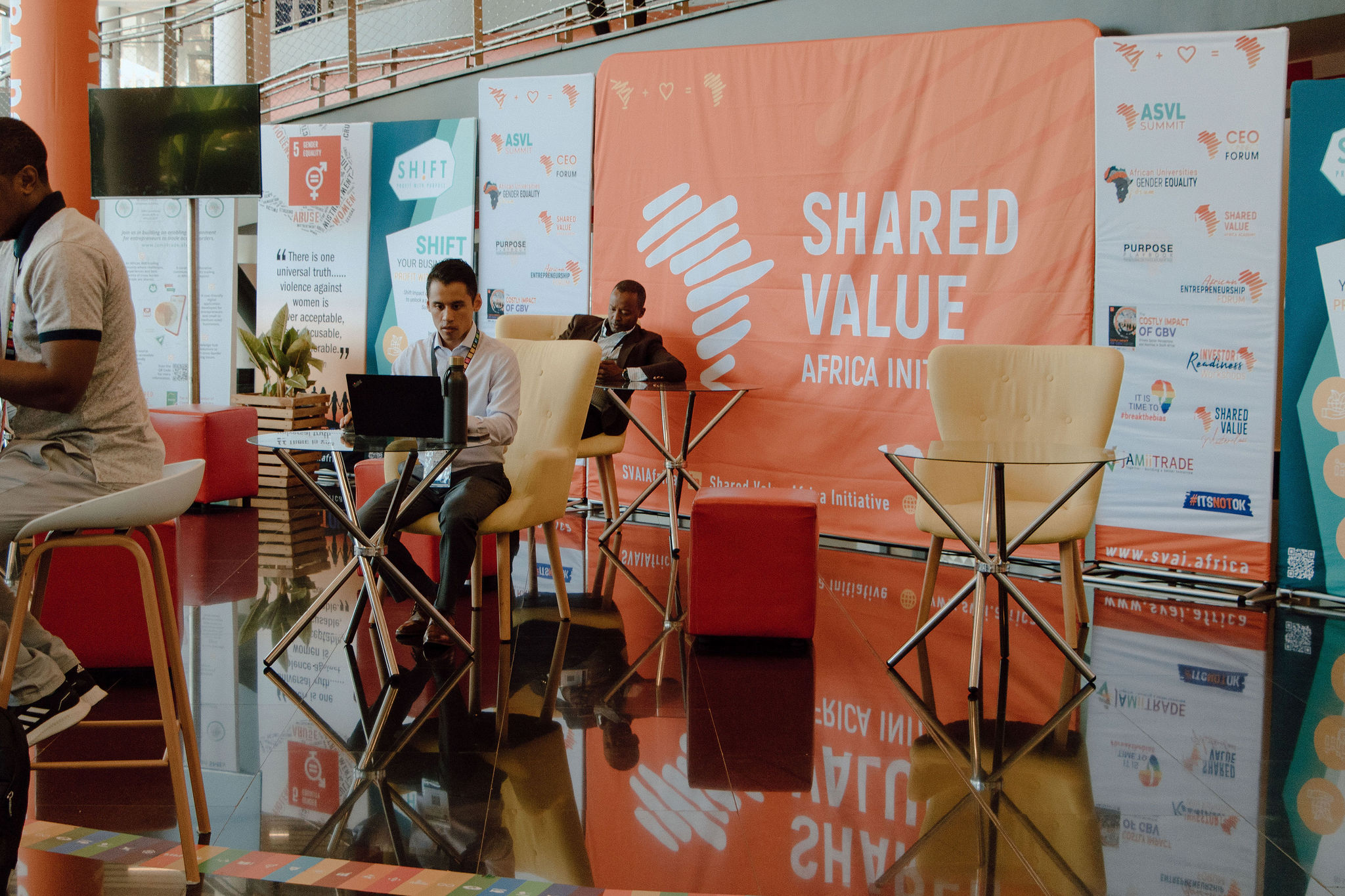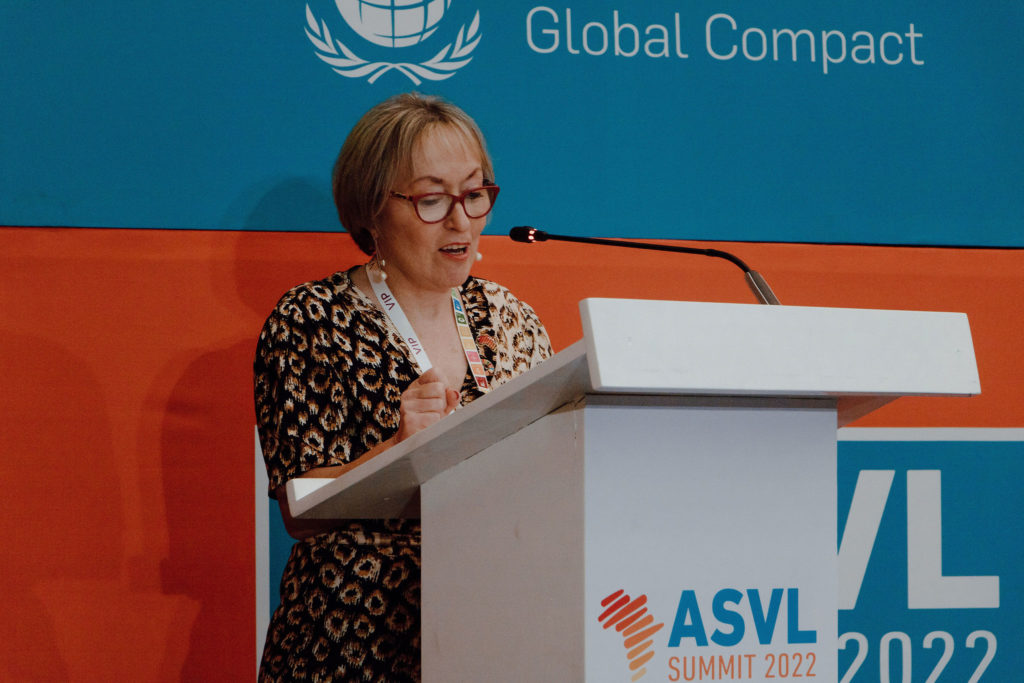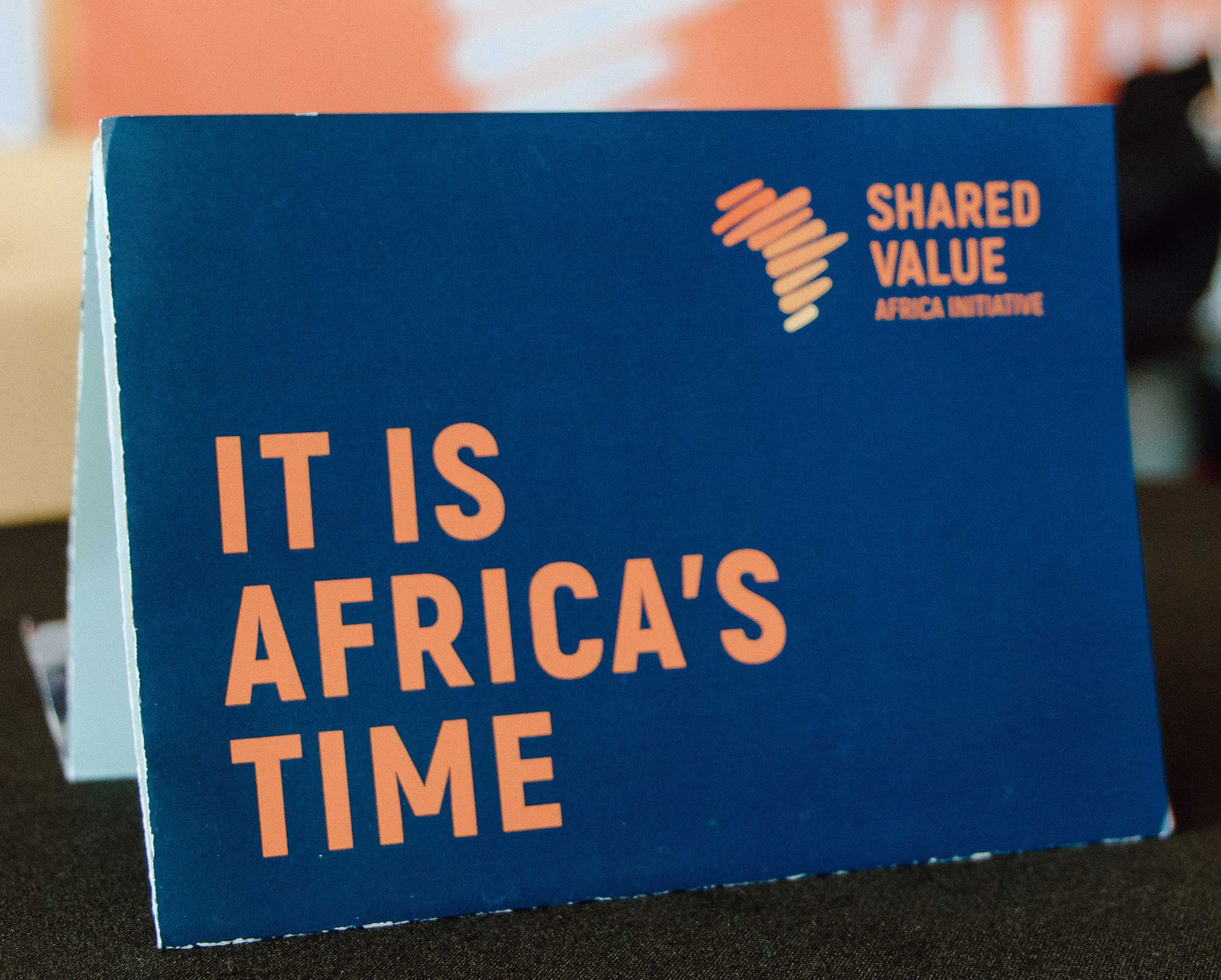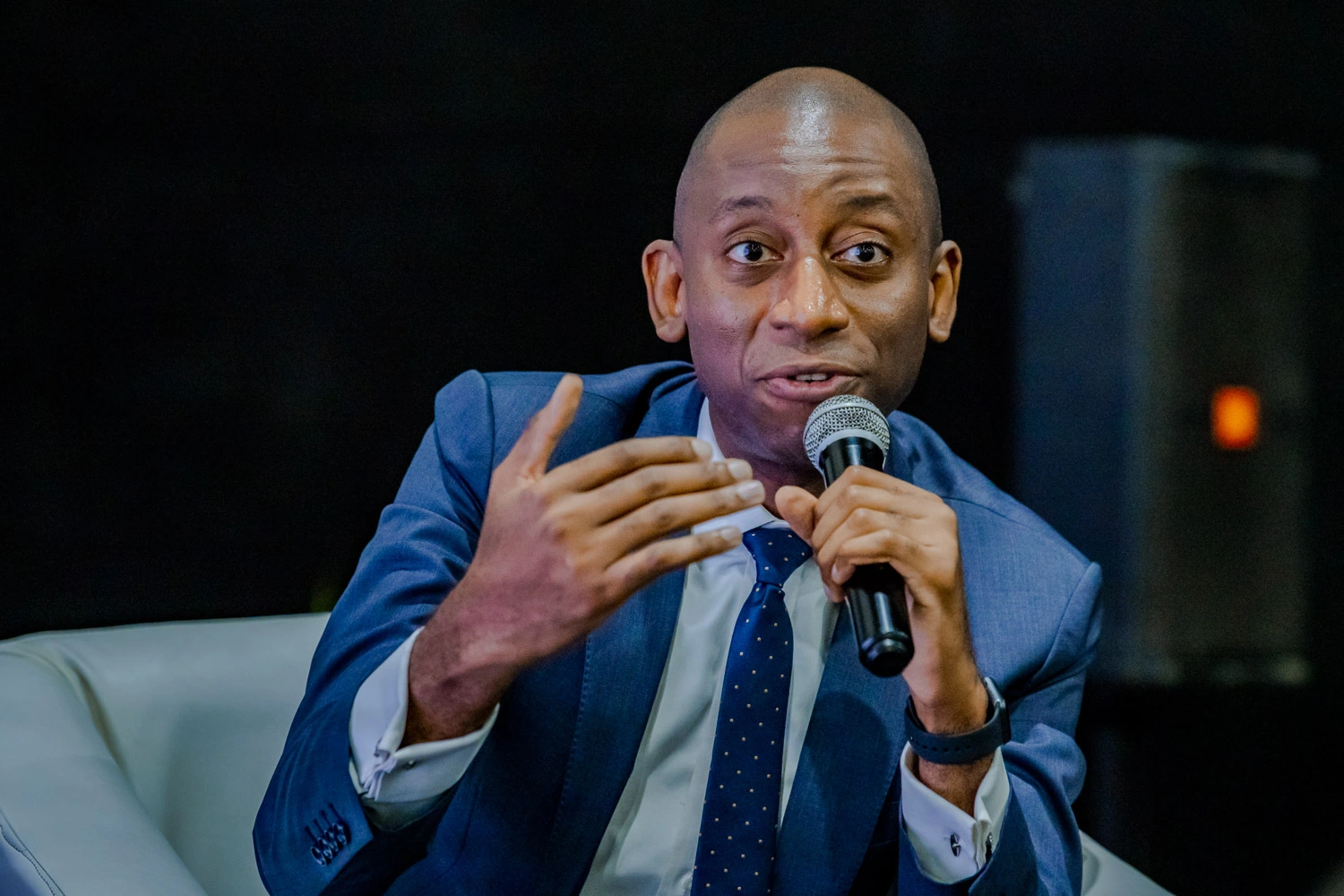Africa’s digital economy is the new frontier for businesspeople from home and abroad. This frontier offers cautious hope to create more than simple economic gain—if entrepreneurs, innovators and policymakers can look beyond filling their pockets.
What is the primary purpose of business? In practice, the answer—also called shareholder theory—is the model championed by Milton Friedman, the American economist and Nobel laureate. In brief, Friedman taught that the overarching purpose of business leaders was to maximise economic value for business owners. This narrow view of business leadership has helped create sprawling business empires, but it has also inspired reckless profiteering.
“A big part of the problem,” write professors Michael Porter and Mark Kramer for Harvard Business Review (HBR), is that businesses “continue to view value creation narrowly, optimising short-term financial performance in a bubble.”

“How else could companies overlook the well-being of their customers, the depletion of natural resources vital to their businesses, the viability of key suppliers, or the economic distress of the communities in which they produce and sell? How else could companies think that simply shifting activities to locations with ever lower wages was a sustainable “solution” to competitive challenges?” the authors ask.
This type of criticism of shareholder theory has become popular in recent years and has led up to alternative proposals like stakeholder capitalism—popular with the Davos-going crowd. But managing the various diverging interests of stakeholder capitalism can create confusion—the reason it was replaced by shareholder capitalism in the first place.
A better proposal, business thinkers like Steve Denning, a former World Bank executive and author of Reinventing Capitalism In The Digital Age, is not shareholder capitalism, state capitalism, or stakeholder capitalism, but in creating shared value. He calls this, “customer capitalism.”
According to Prof. Porter and his HBR co-author, Prof. Kramer, shared value, “is about expanding the total pool of economic and social value.” As opposed to ‘sharing’ the value already created by firms—a redistribution approach.
So instead of redistribution, “The creation of shared value is different from philanthropy and corporate social responsibility in that it emphasises collective well-being as a source of innovation that can lead to greater profitability and competitive advantage. Instead of asking companies to compensate for the damage they cause or redistribute profits earned at society’s expense, the goal is to earn those profits by benefiting society,” explained Tieke Barnard, CEO of SVAI.
Shared value in practice
While shared value tends to get swallowed up in business buzzwords, there are already concrete examples of this principle in practice.
Singapore-headquartered Olam International is a leading agri-business with operations that span 60 countries globally. The company used to simply ship raw agricultural products from Africa to Asia for processing. It was a business model that worked, but mostly for Olam.
After simply sourcing cashew beans from Nigeria for example, the company began to seek deeper connections with the local ecosystems that provided its raw input by opening local processing plants, including smallholder farmers into their supply chain and training workers in Tanzania, Mozambique, Nigeria, and Côte d’Ivoire. For Olam, locally integrated supply chains helped it cut processing and shipping costs by as much as 25%—not to mention, greatly reducing carbon emissions. Olam also “built preferred relationships with local farmers. And it has provided direct employment to 17,000 people—95% of whom are women—and indirect employment to an equal number of people, in rural areas where jobs otherwise were not available,” write professors Kramer and Porter.
In Ghana, Olam provided financing for modern baking equipment imported from South Africa for local bakers. This allowed bakers to increase their sales and in return purchase more flour from Olam.
Today, Olam farms is one of Nigeria’s largest agri-businesses. In 2021, it set up a $750,000 10-year facility to create community seed enterprises to help Nigerian farmers increase their production of wheat.
Olam still sources food from Africa that it processes outside the continent, but it has demonstrated that with a slight course correction, the value it creates from its agricultural business can be more equally distributed without directly redistributing profits.
Shared value is not really a new concept. One of the oldest and clearest examples of this principle is the Ford Motor Company under the leadership of its founder, Henry Ford. Here’s a brief excerpt from a 1937 letter from a reader to a columnist at The New York Herald Tribune.
“…under Mr. Ford’s superior administration and supervision these numerous subordinate persons can create, jointly with him, more of service, of value, and of satisfactions to the public and to themselves than in any other employment or occupation. This is what holds his organisation together—the superior creation of wealth and services under his administration and supervision. This is what socializes his business, keeps it on a basis of voluntary and mutual service, with ascending values, as between all the persons or interests cooperating and serving each other.”
The Social Function of Mr. Henry Ford – FEE.org
Needless to say, Henry Ford’s methods did not go down well with many of his time. However, today we credit his methods for helping to transform cars from an elite good to a common product.
Do businesses in Africa care about their social impact?

“Instead of asking companies to compensate for the damage they cause or redistribute profits earned at society’s expense, the goal is to earn those profits by benefiting society”
– Tiekie Barnard, CEO, SVAI Africa
Africa has been at the extractive end of value creation for a significant portion of its modern history. As business-thinking reform gathers momentum globally, it’s important to consider how this reflects in how business is conducted in Africa.
At the Africa Shared Value Leadership Summit (ASVL) which took place during the first African edition of Mobile World Congress held in Kigali, last October, guests tackled questions around the practical application of shared value principles especially for planning climate solutions, digital inclusion, connectivity and supporting inter-African trade with digital innovation.
Events like this tend to have brilliant speakers and enthused audiences. ASVL was no exception. But having people talk about creating shared value—in Africa no less—is easier said than done.
If you ask any businessperson who is nimble enough with public relations-speak, you will be sure to get press-worthy quotes on creating responsible value. The question, however, is; why do these commitments fail to translate into action? The abundance of poor quality or outrightly fake products, inattentive customer service, and extractive pricing seem to tell a different story.
At the heart of events like ASVL is a recognition that doing business in Africa is overdue for change. But it is the businesses themselves that need to drive that change. “The connection between social progress and business success is increasingly clear, and companies must team up with governments, NGOs and yes, even competitors, to fully capture the economic benefits of creating shared value as a collective,” says Barnard.
The last thing corporate social responsibility should be is an opportunity for corporations to brag about their good deeds. But much of CSR-speak feels exactly like this—a corporate employee or company saying, “Look! We’re not all that bad!”
Creating shared value is closer to the opposite of this. It is an argument that economic value that is shared—not concentrated at the top—is the only way to build meaningful and sustainable businesses. It is proposing that the old way of doing business will not last.
Through the ASVL Summit, a challenge to do business in a different way was presented. As economic headwinds become stronger and social divides grow, the corporates who graced the meeting halls in Kigali and spoke eloquently will be tested. And time, as always, will tell.




















